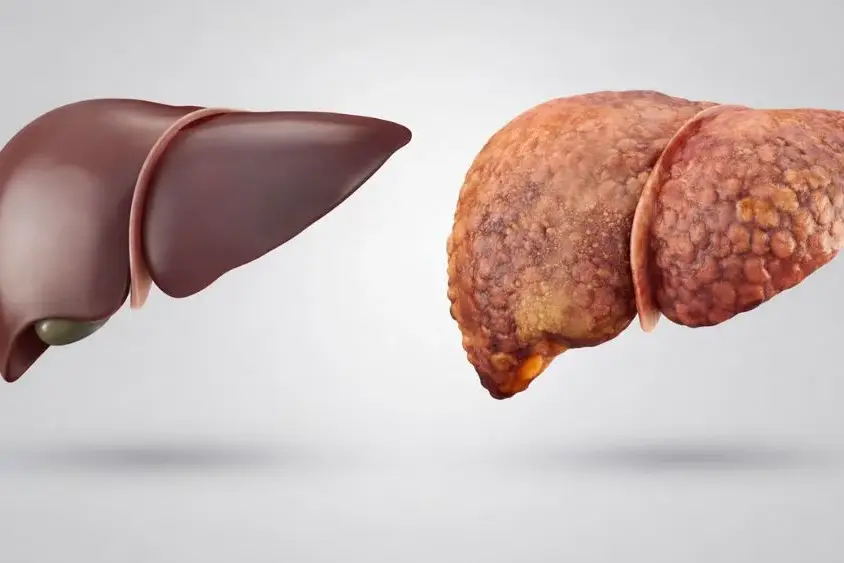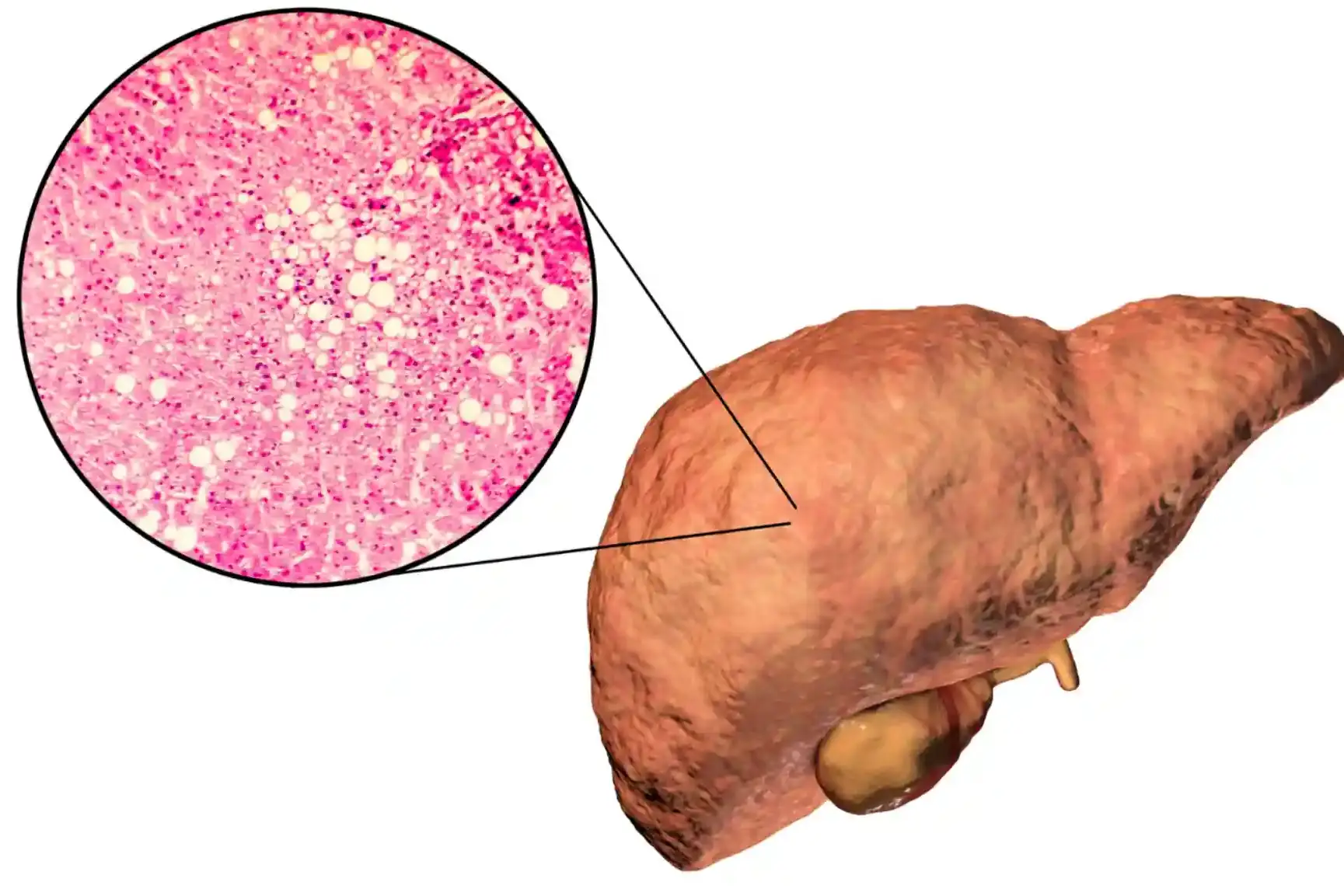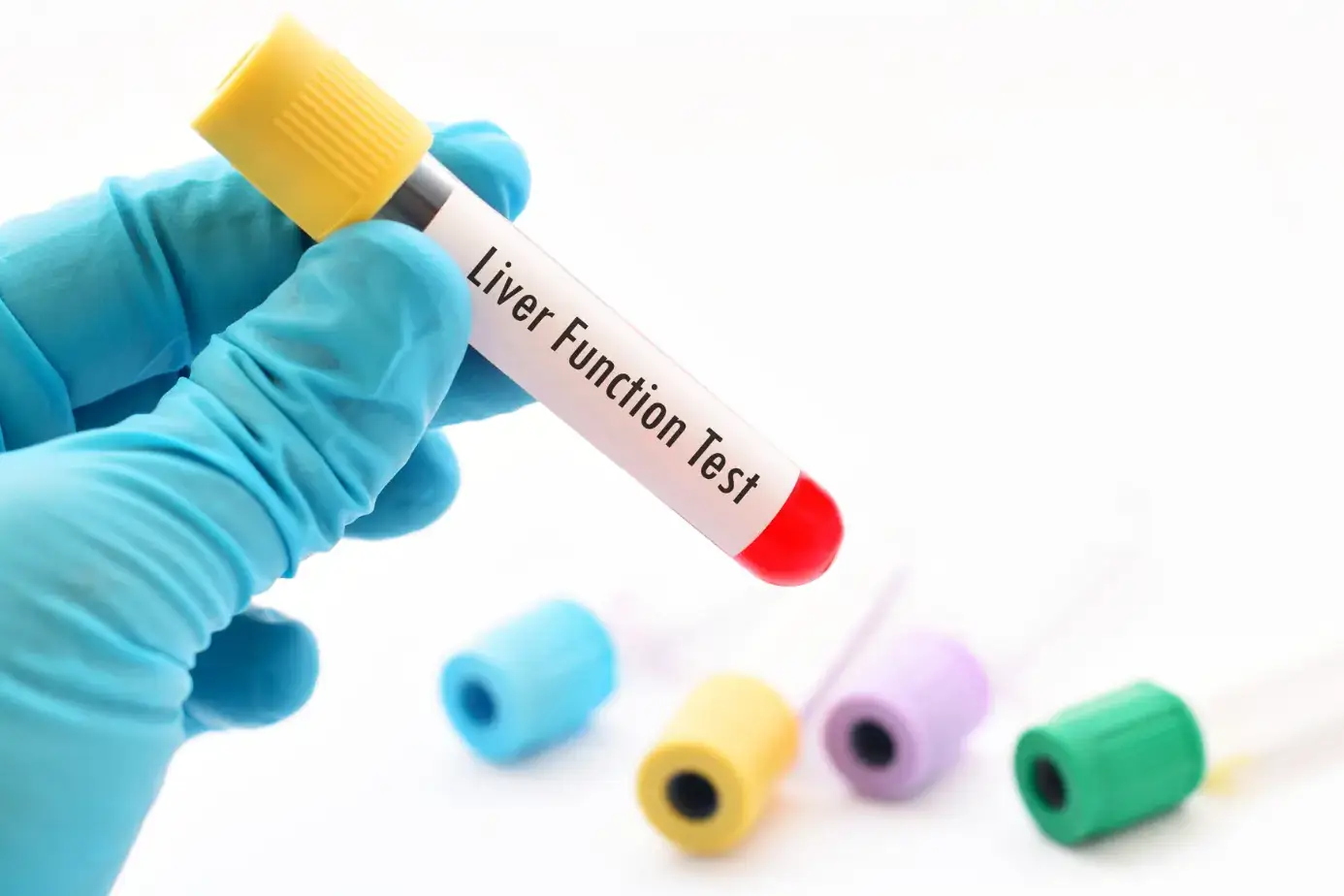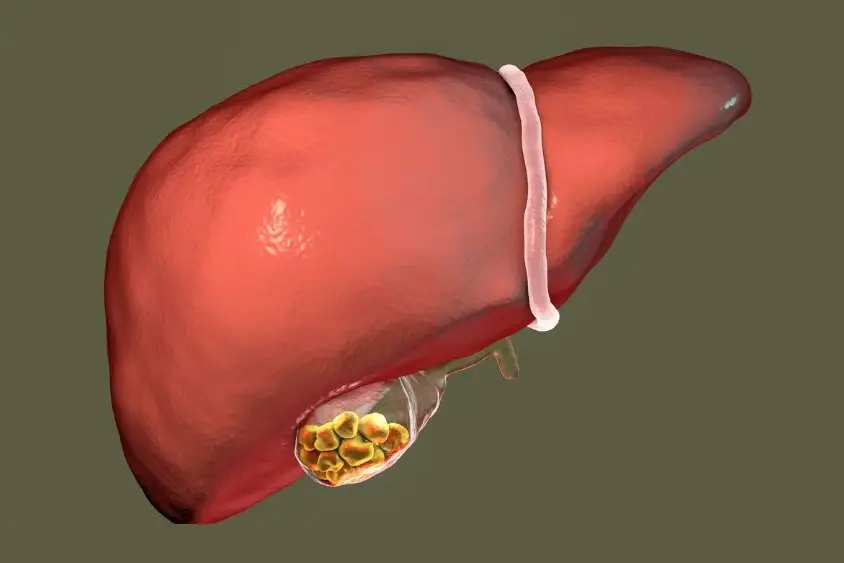Gut health refers to the physical state and functioning of several parts of the GI tract. The GI tract has some complex roles and effects on the human body. It is even linked with immunity, emotional stress, and chronic disease. Gut health can be influenced by food, environment, and other behavior patterns. Let us try to understand how gut health affects mental health and whether it affects anxiety and depression. You may consult a hepatologist in Patna to know more about your gut health.
Gut health experts understand the relationship between gut health and its effect on the brain and other parts of the body. Gut health is explained in a detailed manner. From gut-wrenching pain to nausea, these feelings can trigger symptoms in the gut. The gastrointestinal tract is sensitive to emotions like anger, sadness, and anxiety. Consult a food pipe specialist for your gut health problems.
The brain directly relates to gut health, eating plans, and habits. The brain sends commands to the stomach and intestine. For example, the thought of eating something makes the stomach release juices before the food gets there. The connection is both: a troubled brain can send signals to the stomach the same way, and a troubled stomach can send signals to the brain to react to the same condition. Thus, stomach or gut health distress can be a product of stress, depression, and anxiety. This is because the gastrointestinal tract and brain are intimately connected. Consult the best gastroenterologist in Jammu for diagnosis and treatment of gastrointestinal disorders.
Gut bacteria are crucial for an individual’s physical and mental health. Although they can help relieve some symptoms of anxiety and depression, they can also make the symptoms worse. The colon contains trillions of bacteria cells, forming an ecosystem called the gut microbiome. It allows nutrients, and the activities can influence the brain. The gut microbes’ health affects the body when you are under stress. If there’s an imbalance, then your overall mood may be affected. The microbiome should be diverse; this diversity helps our body balance. The opportunistic microbes (Dysbiosis) can take advantage of the imbalances and increase, leading to inflammation. This inflammation can lead to depression. These gut bacterial health effects can even alter the immune system. Diversity is essential in the microbiome to prevent inflammation and restore gut health side effects. Diet is one way to provide suitable gut health enzymes to the body, increasing the abundance of microbe diversity.
The human body mostly has good germs that help digestion and keep our physical and mental health in check. The imbalance between these bacteria can cause physical diseases like
- Crohn’s disease
- Ulcerative colitis
- Irritable bowel syndrome (IBS)
If you suffer from any of the disorders mentioned above, seek help from the best hepatologist in Delhi. You may also discuss your gastrointestinal problems during a live chat with a gastroenterologist.
Some bacteria in the gut can lead to the formation of a chemical in your liver, which turns to TMAO (Trimethylamine-N-oxide). This can cause high cholesterol levels to build up in your blood vessels. Too much TMAO can also lead to chronic kidney diseases. In such cases, immediate treatment is needed. Seek medical help from the best liver specialist in Delhi, NCR. The surplus of TAMO can even lead to heart disease. This chemical can block your arteries, thus increasing the risk of a heart attack or stroke. When you eat food like red meat and eggs, those bacteria lead to a chemical reaction in the liver.
The gut microbiome is important in maintaining good HDL cholesterol and triglycerides. Lactobacilli, especially when taken as a probiotic, helps reduce cholesterol. The gut microbiome also keeps a check on and helps control sugar levels.
How do we make changes in the Gut Health microbiome?
The gut microbiome is present from birth. Your environment and eating habits affect it. According to experts, if you change your eating habits and your location, the microbiome may shift.
Some of the foods that can help in changing it are :
- Probiotics: Probiotics are good bacteria found in some food and already exist in your body. They can be additional good bacteria in your intestinal tract and can assist in keeping everything in balance. Probiotics are not all the same and are different depending on who takes them. They strengthen your immune system and may boost your gastrointestinal health.
- Prebiotics: Prebiotics are sources of probiotics obtained from certain types of food. They assist your body with calcium levels and boost the growth of helpful bacteria in your gut. They are found in vegetables and fruits like bananas, garlic, leeks, onions, artichokes, asparagus, and soybeans. They are also found in foods with whole wheat.
- Symbiotic: Probiotics boost the growth of good bacteria in the gut, whereas prebiotics make these probiotics last longer. So, a combination of the two is known as symbiotic. The idea behind this is to ensure the probiotics stay for a longer period. A combination can include a probiotic and prebiotic together in the diet. For example, stir-frying asparagus mixed with tempeh.
Complete gut health care is important for maintaining excellent physical and mental health stability. Consult a Gastroenterologist in Delhi for your gut health checkup.
About The Author

Medically reviewed by Dr. Nivedita Pandey, MD, DM (Gastroenterology)
Dr. Nivedita Pandey is a U.S.-trained gastroenterologist and hepatologist with extensive experience in diagnosing and treating liver diseases and gastrointestinal disorders. She specializes in liver enzyme abnormalities, fatty liver disease, hepatitis, cirrhosis, and digestive health.
All content is reviewed for medical accuracy and aligned with current clinical guidelines.





